Table of Contents
Understanding Coriander Seeds vs Cilantro
There's a widespread misconception about "white coriander seeds" and "green coriander seeds" - but the truth is simpler: there are no "green coriander seeds". The confusion stems from the dual naming of the Coriandrum sativum plant. What people call "coriander" refers to the dried seeds, while "cilantro" refers to the fresh leaves of the same plant. This article clarifies the difference between coriander seeds (which may appear light brown or "white" when processed) and cilantro leaves, their distinct culinary uses, and how to avoid common mistakes.
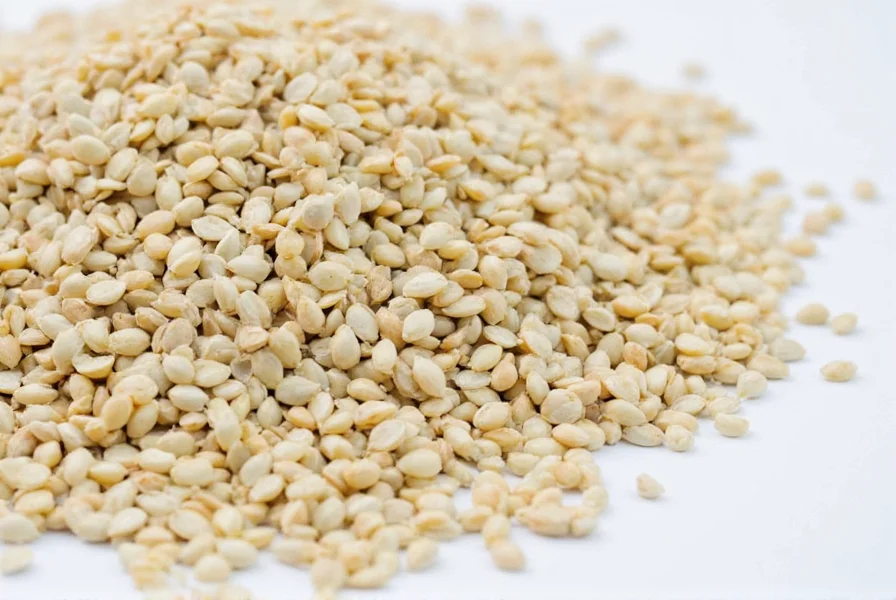
Coriander seeds are the dried, mature seeds of the plant, typically light brown to tan in color (sometimes called "white" when processed). Cilantro refers exclusively to the fresh green leaves. Understanding this distinction is critical for proper culinary use, especially since they have completely different flavor profiles and applications.
Flavor Differences Between Coriander Seeds and Cilantro
Coriander seeds and cilantro leaves come from the same plant but taste dramatically different due to their different chemical compositions:
- Coriander seeds: Earthy, citrusy, nutty with warm spice notes. When toasted, they develop deeper, almost floral aromas. Commonly used in spice blends like garam masala and curry powders.
- Cilantro leaves: Bright, fresh, herbaceous with pronounced citrus and sometimes soapy notes (for those with the genetic sensitivity). Used as a fresh garnish in salsas, salads, and Southeast Asian dishes.
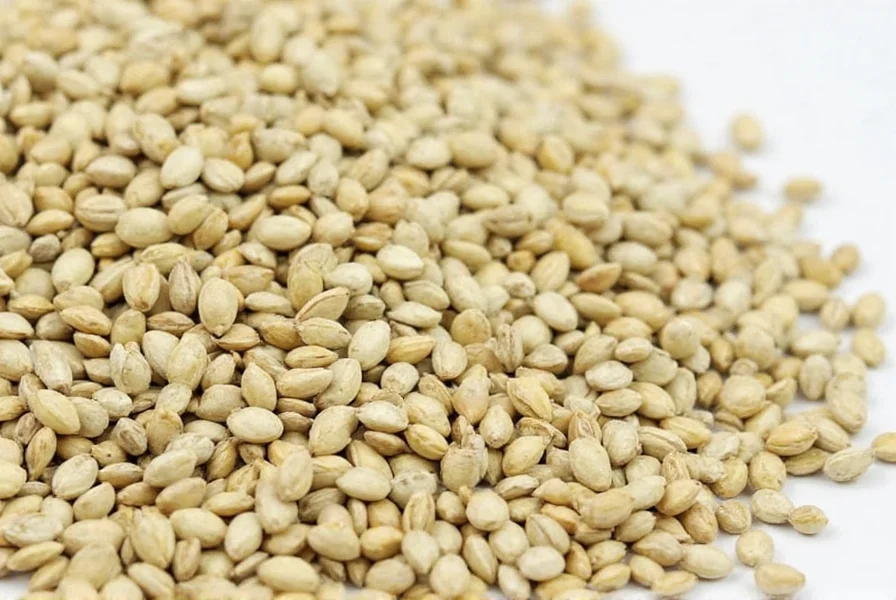
Cooking Tips for Coriander Seeds and Cilantro
Using these ingredients correctly transforms dishes. Here's how to maximize their potential:
- Coriander seeds: Toast in a dry pan for 2-3 minutes until fragrant before grinding. Whole seeds work well in pickling brines; ground seeds integrate seamlessly into spice rubs and sauces.
- Cilantro leaves: Add at the end of cooking to preserve freshness. For maximum flavor, chop just before serving. Store stems in water like fresh flowers to extend shelf life.
- Pairing: Coriander seeds complement cumin, turmeric, and cinnamon. Cilantro pairs beautifully with lime, garlic, and chili peppers. Never substitute one for the other in recipes - they're fundamentally different ingredients.
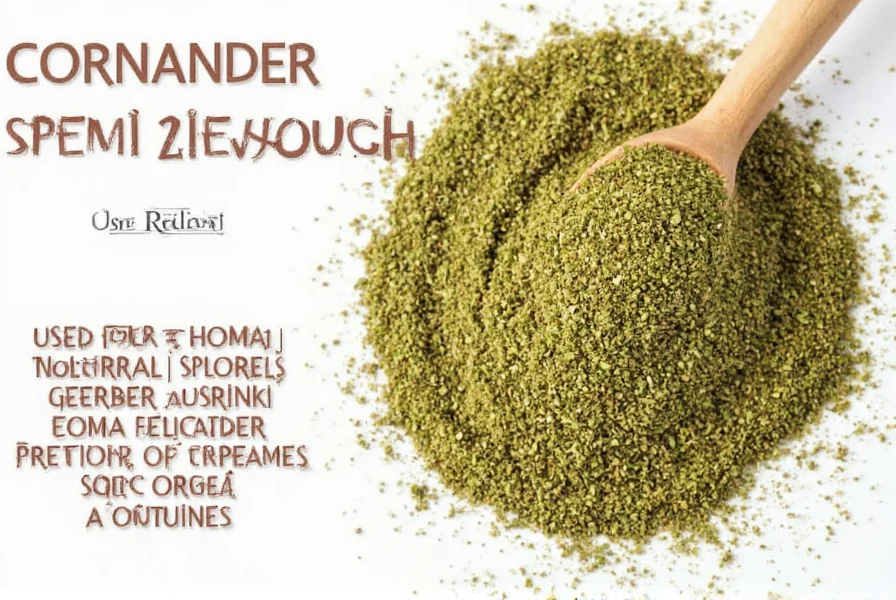
Buying Guide: How to Choose Quality Coriander Seeds
When purchasing coriander seeds (not "white" or "green" - just coriander seeds), look for these quality indicators:
| Product Type | Key Features | Best For | Storage Tips |
|---|---|---|---|
| Whole Coriander Seeds | Uniform size, light brown color, strong citrus aroma | Spice blends, curries, and pickling | Store in airtight container away from light for up to 2 years |
| Ground Coriander | Freshly ground, vibrant color, no clumping | Sauces, marinades, and quick-cooking dishes | Use within 3-6 months for best flavor |
| Organic Coriander Seeds | USDA-certified, non-GMO, traceable sourcing | Health-conscious cooking and specialty recipes | Same as whole seeds, but check for moisture content |
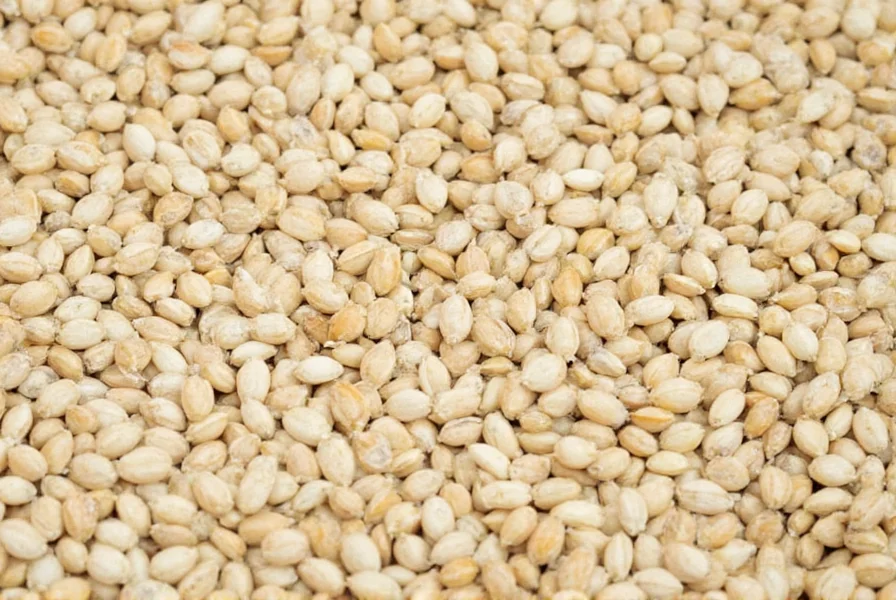
Coriander Seeds vs Cilantro: Key Differences
| Feature | Coriander Seeds | Cilantro Leaves |
|---|---|---|
| Plant Part | Dried seeds | Fresh leaves |
| Color | Light brown to tan | Bright green |
| Flavor Profile | Earthy, citrusy, nutty when toasted | Bright, herbal, citrusy with potential "soapy" notes |
| Culinary Use | Spice blends, curries, baked goods, pickling | Garnish, salsas, salads, fresh sauces |
| Shelf Life | 1-2 years (whole), 3-6 months (ground) | 1-2 weeks fresh, 3-6 months frozen |
Frequently Asked Questions
Is there such a thing as "green coriander seeds"?
No. "Green coriander seeds" don't exist. What people often mistake for "green seeds" are actually cilantro leaves (the fresh green part of the plant). Coriander seeds are always dried and brownish when mature. The confusion comes from regional naming differences where "coriander" refers to the seeds and "cilantro" to the leaves.
Can I substitute coriander seeds for cilantro in recipes?
Not directly. They're completely different ingredients with distinct flavors. Coriander seeds have warm, earthy notes ideal for cooked dishes, while cilantro provides fresh, bright flavor best added at the end. If a recipe calls for cilantro but you only have seeds, try adding a squeeze of lime and a pinch of fresh parsley instead.
Why do some people say cilantro tastes like soap?
About 4-14% of people have a genetic variation that makes cilantro taste soapy due to aldehyde compounds in the leaves. This has nothing to do with the seeds. If you experience this, try using parsley or basil as alternatives in recipes calling for cilantro.
How should I store coriander seeds for maximum freshness?
Store whole seeds in an airtight container away from light, heat, and moisture. Whole seeds stay fresh 1-2 years. Ground coriander loses potency faster - use within 3-6 months. Always buy whole seeds and grind as needed for best flavor.
Do different regions produce different coriander seeds?
Yes. Indian coriander seeds tend to be more citrus-forward, Moroccan varieties have deeper earthiness, and Mexican seeds often have stronger floral notes. For authentic regional dishes, match the seed origin to the cuisine: Indian for curries, Moroccan for tagines, Mexican for salsas and mole sauces.
Conclusion
Understanding the fundamental difference between coriander seeds and cilantro leaves is essential for proper cooking. There's no such thing as "green coriander seeds" - the green part is always the leaf (cilantro), while "coriander" refers to the dried seeds. By mastering their distinct uses, you'll elevate your dishes with the right flavor profile for every recipe. Next time you're in the spice aisle, remember: seeds = coriander, leaves = cilantro - two names for two different ingredients from the same plant.
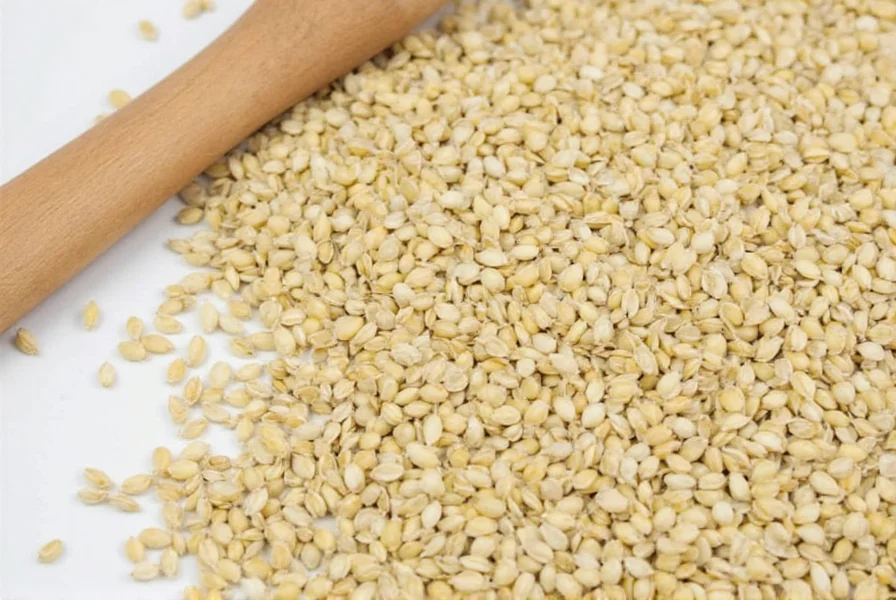










 浙公网安备
33010002000092号
浙公网安备
33010002000092号 浙B2-20120091-4
浙B2-20120091-4